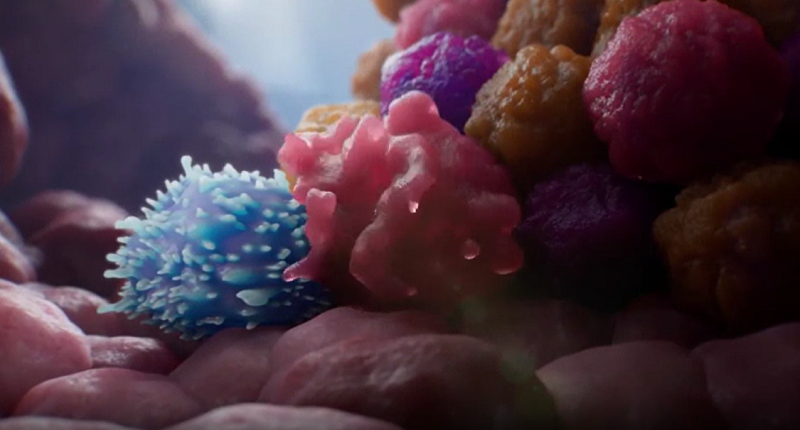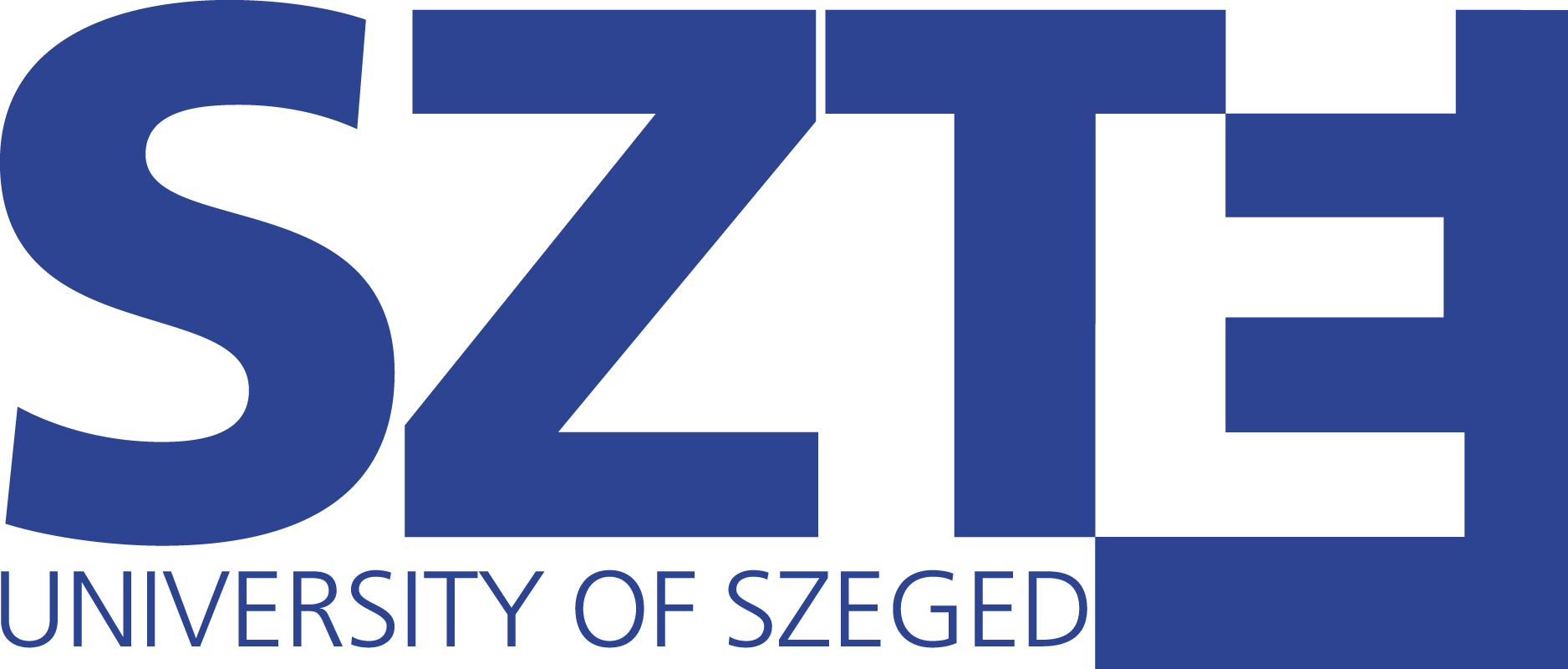
Not sure how to get a basic understanding of mRNA and its therapeutic applications? Try the Coursera course recommended by Katalin Karikó!
Ahead of the Novo Nordisk mRNA conference taking place at the University of Szeged on November 7–8, we looked for ways to quickly familiarize ourselves with the basics of mRNA technology. Coursera’s free course, mRNAs as Medicines, proved to be the most effective introductory resource. We also reached out to Katalin Karikó to seek her opinion on the course, and she highly recommended it for educational purposes.
After completing the course ourselves, we encouraged students and PhD candidates from the University of Szeged to try it, asking them to share their recommendations and insights. Their feedback revealed that the course is far from a time waster. It provides an eye-opening experience for those who have only heard bits and pieces about mRNA-based medical therapies, and it's valuable even for those whose PhD research touches on related medical fields.

Snapshot from the course video: Cytotoxic T cells patrol the body to identify and eliminate potentially malignant cells.
Dr. Leticia Szadai, a resident at the Department of Dermatology and Allergology at the Albert Szent-Györgyi Clinical Center of the University of Szeged, was curious to see whether the course provides answers to common questions regarding mRNA vaccines.
“This course is particularly valuable, as it presents a concise overview of how mRNA technology can be utilized in medicine. While most people associate mRNA with Covid-19 vaccines, mRNA research offers promising new directions for treating a broad spectrum of diseases. The course vividly and clearly explains the central dogma of biology – the flow of information from DNA to mRNA, ultimately leading to protein formation. It underscores the crucial role of mRNA as the information carrier, showing that, without the link between DNA and proteins, life itself would not be possible. Additionally, the course demonstrates why mRNA is well-suited as a safe therapeutic molecule and outlines the methods used to deliver it effectively to target cells. Many opinions about mRNA vaccines have been shaped without an understanding of these processes. As people gain insight into how mRNA-based therapies work, their apprehension and resistance are likely to decrease.”

Dr. Leticia Szadai, a resident at the Department of Dermatology and Allergology at the Albert Szent-Györgyi Clinical Center of the University of Szeged, offers her assessment of the Coursera mRNA course.
Photo by Ádám Kovács-Jerney
The Coursera course reviews the achievements in mRNA-based therapies up until the summer of 2024. Dr. Leticia Szadai summarized the research directions presented in the course as follows:
“The fundamental principle behind all mRNA-based therapies is the same: instead of delivering pre-made proteins into the body, we only need to provide the instructions – the appropriate mRNA – to produce the desired proteins. This approach empowers our bodies to generate therapeutic proteins independently. Since these proteins are produced within our own cells, virtually any protein could potentially serve as a medicine. The Coursera course outlines two distinct mRNA approaches based on how they interact with the immune system. Immunogenic mRNA agents, such as Covid-19 vaccines, are designed to activate an immune response. Similarly, mRNA therapies are being developed to boost the immune system against existing conditions, like cancer. Meanwhile, other mRNA molecules are being explored that don’t rely on immune activation. For instance, these could replace missing proteins in cystic fibrosis patients. In a similar way, for rare genetic disorders, mRNA could substitute essential enzymes, while for neurological or cardiovascular injuries, it could stimulate the production of proteins that support tissue regeneration.”

Photo by Ádám Kovács-Jerney
The resident at the Department of Dermatology and Allergology noted that she is pursuing her PhD on proteins and melanoma, which makes her particularly interested in the emerging mRNA vaccines for cancer.
“Unfortunately, tumor cells can evade the immune system by presenting themselves as normal cells, often rendering traditional therapies ineffective by the time they are administered. However, mRNA treatment has the potential to prompt the body to produce neoantigen proteins that trigger an immune response specifically against tumor cells. Furthermore, these neoantigen proteins are unique, offering the possibility of personalized therapy.”
Dr. Leticia Szadai recommends the Coursera course to anyone looking to deepen their general knowledge with a clear understanding of mRNA-based biomedical research.
Original Hungarian text by Sándor Panek
Top photo: Dr. Leticia Szadai, resident at the Department of Dermatology and Allergology at the Albert Szent-Györgyi Clinical Center of the University of Szeged

